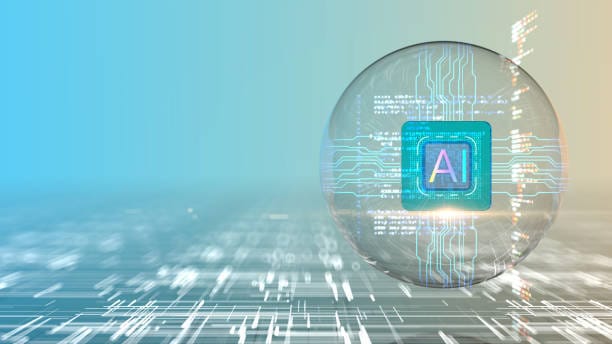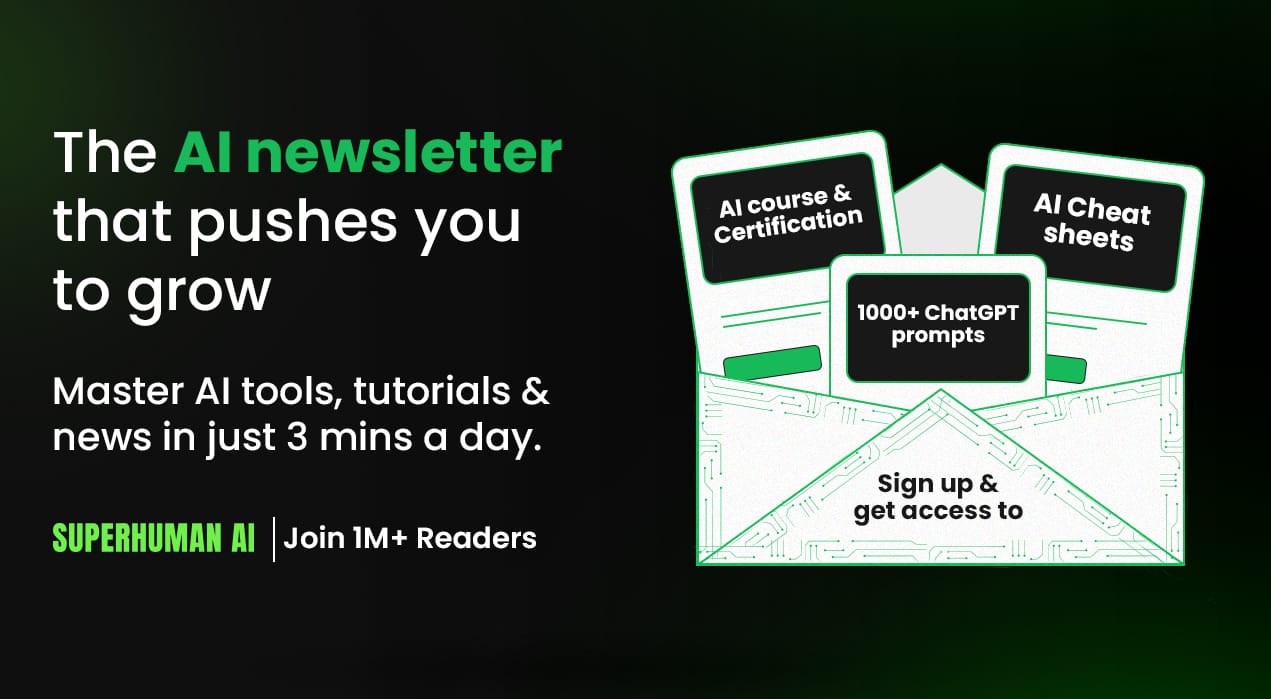- LuxAI Insights
- Posts
- The Real Risk With AI Isn’t Terminators... It’s This
The Real Risk With AI Isn’t Terminators... It’s This

When most people hear "AI risk," their minds jump straight to Hollywood nightmares—killer robots, rogue superintelligences, and Skynet-style takeovers. But as someone deeply engaged in the AI space, I’ve come to believe the real danger isn’t some distant sci-fi scenario. It’s something far subtler—and far more immediate. The real risk with AI is how quietly it’s reshaping power, truth, and decision-making, often without us even realizing it.
The Myth of the Killer Robot
Let’s get one thing out of the way: I’m not saying superintelligent AI is impossible or that it should be ignored entirely. But framing AI risk only in terms of apocalypse scenarios makes the real, present-day problems seem trivial by comparison. The truth is, most of the AI systems running today are narrow, brittle, and easily fooled. They don’t want to take over the world—they don’t want anything. They're just optimization engines, responding to data and objectives set by humans.
And that’s precisely where the danger lies.
The Invisible Hand of Algorithms
AI systems are increasingly being used to make or influence decisions that affect our lives—what job applicants get a callback, what news stories show up in your feed, how long someone goes to jail, or whether a loan is approved. These decisions aren’t always made maliciously, but they can encode and amplify existing biases in ways that are hard to detect and even harder to fix.
I've seen AI models trained on flawed data, or optimized for goals like engagement or profit, quietly reinforce discrimination or misinformation. And because the outputs feel “data-driven,” people often trust them more than they should. We assume AI is neutral. It’s not. It reflects the values, blind spots, and intentions of those who design and deploy it.
Concentration of Power
Another huge risk is how AI can centralize power in the hands of a few companies or governments. Think about it—training large AI models requires massive compute resources, vast amounts of data, and deep technical expertise. That creates a barrier to entry that’s getting higher all the time.
In practice, this means that a handful of tech giants have an outsized influence over how AI is developed and used. They decide what tools are released, what capabilities are restricted, and what trade-offs are acceptable. That level of control over such a powerful technology should concern all of us. It's not just about innovation—it's about control over information, behavior, and even public discourse.
Misinformation and the Erosion of Trust
Generative AI is making it easier than ever to create convincing fake content—images, videos, voices, even entire news articles. We're entering an age where seeing is no longer believing. And while this has some cool creative potential, it also opens the door to a flood of misinformation, scams, and deepfakes.
If people can't trust what they see online, what happens to public debate? To democracy? To truth itself? The erosion of shared reality might be the most insidious long-term risk AI brings—and it’s already happening.
So What Can We Do?
I’m not pessimistic about AI—I’m actually excited about its potential. But that potential comes with a responsibility to build it carefully, use it ethically, and distribute its benefits fairly. We need more transparency in how AI systems are trained and used. We need regulation that can keep up with the pace of innovation. And we need to educate ourselves and others about how these systems actually work.
Because the biggest danger isn’t that AI will turn against us—it’s that we’ll use it, blindly and carelessly, in ways that hurt ourselves and each other.
Eyes Wide Open
We don’t need to fear killer robots. We need to fear complacency. The real risk of AI isn’t about machines becoming too smart—it’s about humans being too careless. If we treat AI like magic, or worse, like an oracle, we give up the very things that make us human: judgment, responsibility, and empathy. Let’s not wait for a fictional future to deal with real problems. The time to act is now.
Find out why 1M+ professionals read Superhuman AI daily.
AI won't take over the world. People who know how to use AI will.
Here's how to stay ahead with AI:
Sign up for Superhuman AI. The AI newsletter read by 1M+ pros.
Master AI tools, tutorials, and news in just 3 minutes a day.
Become 10X more productive using AI.
Start learning AI in 2025
Keeping up with AI is hard – we get it!
That’s why over 1M professionals read Superhuman AI to stay ahead.
Get daily AI news, tools, and tutorials
Learn new AI skills you can use at work in 3 mins a day
Become 10X more productive

